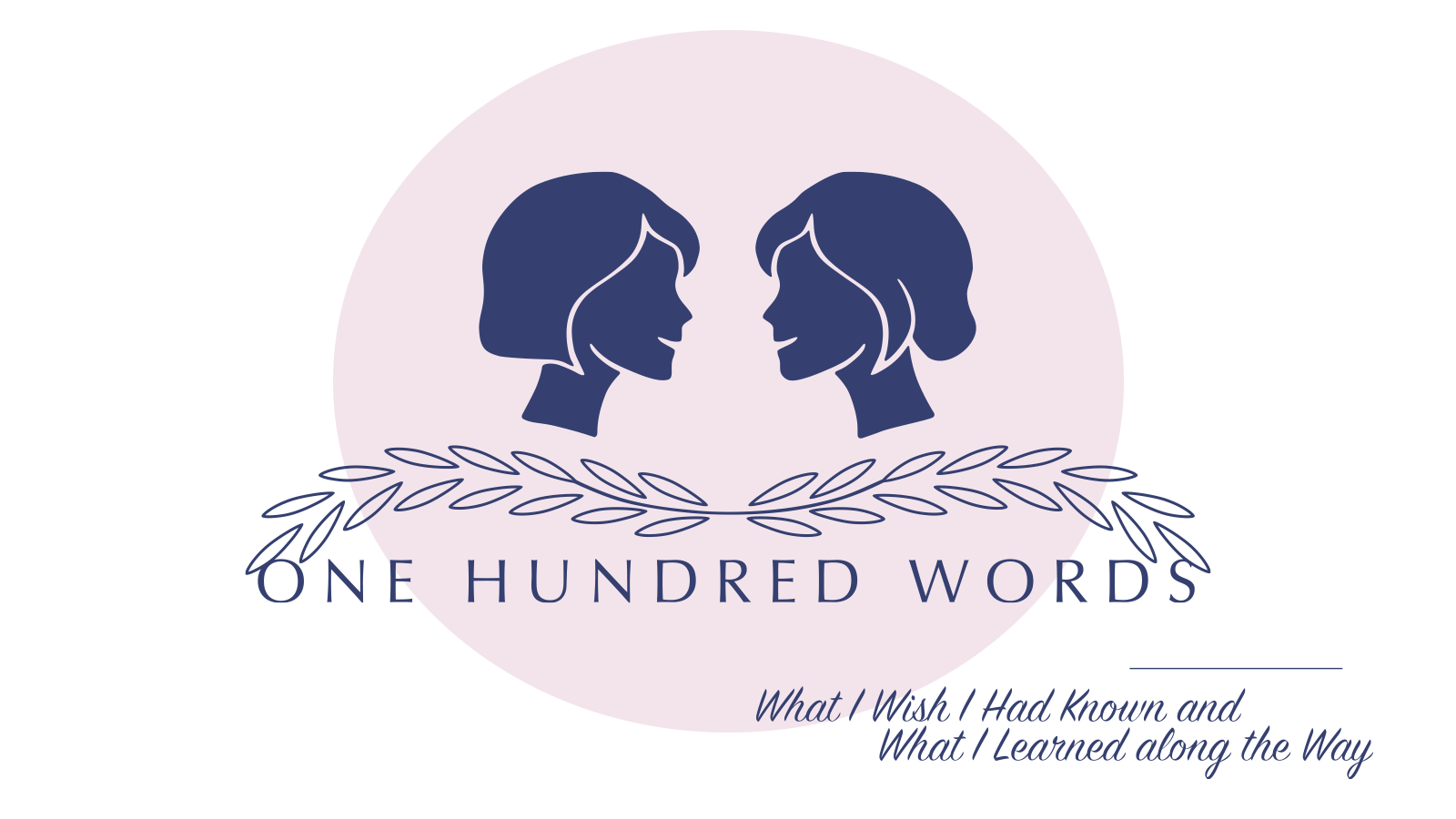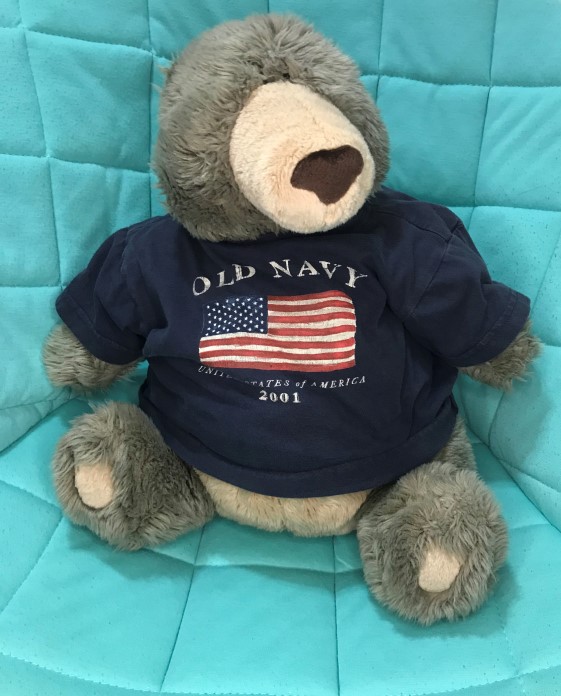The forty-something father held up a Christmas-present turtleneck and asked, “How do I know my mom gave this to me?” He answered his own question with “There’s room for me to grow into it.” We laughed even though clothes to grow into are never funny, not as children nor as adults—especially when our growth will not be in height.
He then told about childhood clothes that were worn out or ripped or not his interest by the time they fit. He felt like this happened too often until he was old enough to choose or buy his own clothes.
Along the way, I learned that curriculum to grow into was even worse than over-sized clothes.
By the time prematurely bought curriculum became age appropriate, it was forgotten, did not suit our current style, or something better had been published. Occasionally, I was simply tired of looking at it on the shelf and wanted something new. The money saved from snatching a bargain or planning too far ahead was not worth the eventual waste. Freshly purchased curriculum met needs better and boosted learning.

Are you waiting for something to fit? How is that working?






